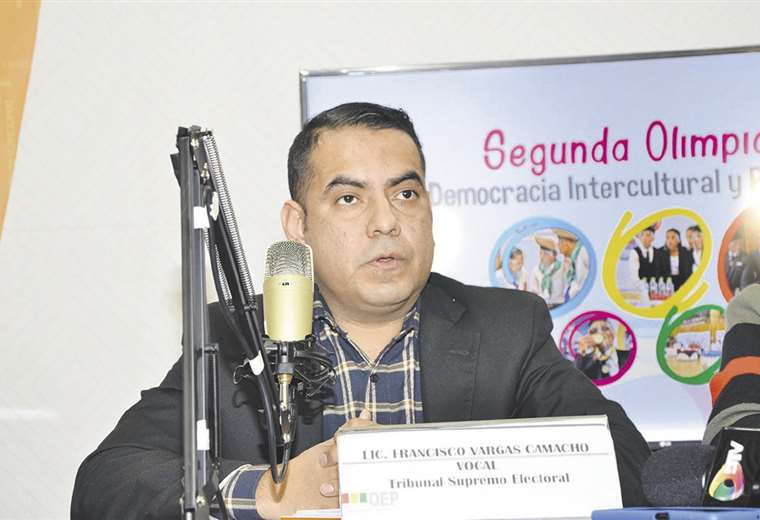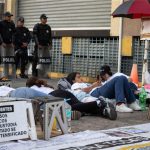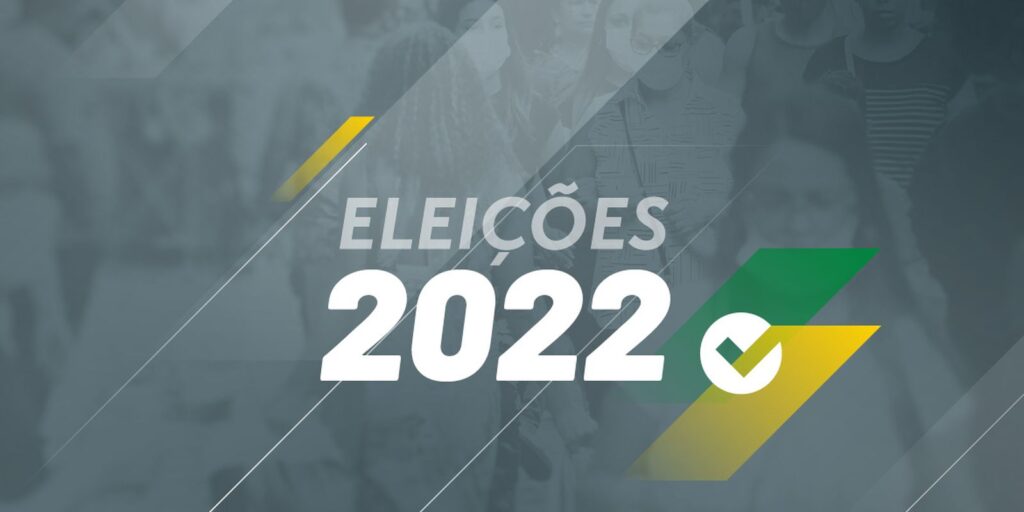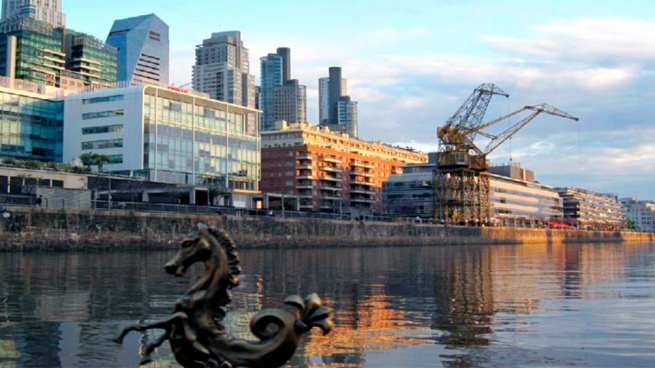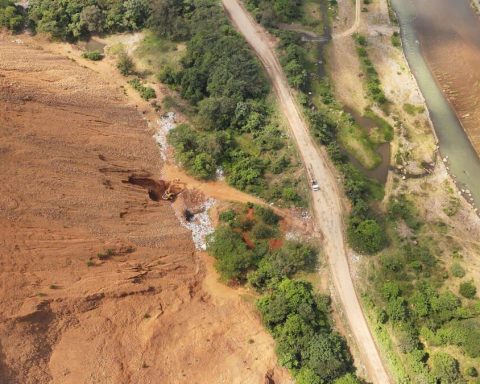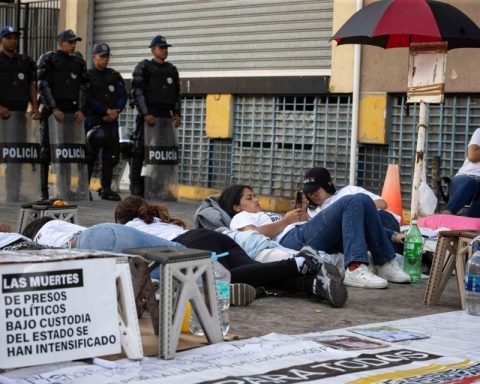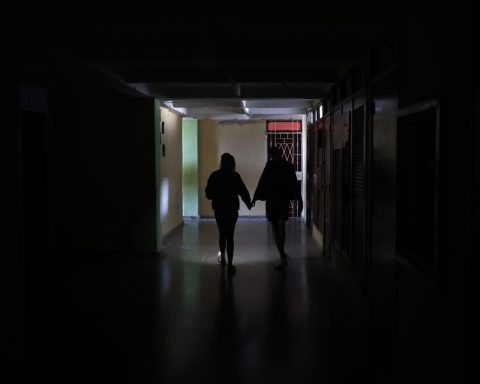October 10, 2022, 4:00 AM
October 10, 2022, 4:00 AM
The Supreme Electoral Tribunal (TSE) requested the authorization of two alternate members to complete the acephalies. Recently, the Legislature sworn in Nelly Arista and Yajaira San Martín. The member Francisco Vargas explained to EL DEBER the importance of having seven members in the Plenary Hall and the challenges they face.
— Why did the Electoral Body ask to enable the two alternate members?
The decisions of the TSE are assumed by absolute majority and it is half plus one of the votes, of all its members in office. Therefore, a plenary room of five members, the absolute majority has it with four votes. If there were not four votes, there would be no decision.
Anticipating that the TSE has to make important decisions, which have to do with the exercise of political rights, for example, the qualification or disqualification of candidacy, it is necessary to have a full chamber with seven members so that there is a decision in favor of guarantee legal certainty and certainty to the decisions, is that it has been requested to cover the acephalies that correspond to the members who resigned.
There was a quorum. The minimum quorum is established with four members of the Full Chamber and we had five. But sometimes we have to do different actions.
— Do alternates become regulars by priority?
The Legislative Assembly has considered the order of priority in terms of the vote obtained to assume the position. Mrs. Nelly Arista was the most voted as substitute, there was another person named Uriarte who resigned from the position and sent a formal note. The third most voted was Yajaira San Martín. The fourth most voted was Mr. Armanza, who died of covid, and there are still two substitute members Gómez and Unzueta. According to the order of the vote, it is that the Assembly has appointed these new members.
— Without a doubt, these designations generated susceptibilities. What are the challenges that the TSE has to overcome?
As a Court, we believe that the institutionality of the Electoral Body must be strengthened in the perspective that there is confidence in its technical capacity and political impartiality, that citizens can conceive of the body as a technical and impartial entity that does not seek to benefit or harm any of the the parties, that what it seeks is to guarantee the exercise of political rights, whether individual or collective.
It is a challenge that the Electoral Body can be considered as an effective guarantor of democracy in our country.
At micro, we have several challenges, such as carrying out a process to update our biometric platform, for which we have already launched an international public call to contract a company that can provide more technology to our biometric system and advance in the planning of future processes. electoral.
We are in the process of implementing a quality management system for the administration of electoral processes.
— Are you going to consider the proposal made by the vice president to create an observatory?
The TSE already has a Democracy Observatory, it is a web page that it has and is in charge of the Intercultural Service for Democratic Strengthening, but we believe that it must be strengthened. We also have a Democratic Parity observatory that is in charge of accompanying and observing the political participation of women and political harassment and violence.
— Is the deadline for political organizations to renew directives about to expire?
The deadline was until October 8; however, due to my position in the Plenary Chamber of the TSE, reports have been requested from the National Legal Directorate, as well as from the Secretary of the Chamber to see the state and situation of the political organizations and assume a position regarding said issue.
— Are you going to evaluate and, if possible, extend this period?
That will be a decision of the Plenary Chamber of the TSE. The Court has the power to supervise and regulate political organizations, especially in the election of their leaders. But the TSE also has the mission of strengthening political organizations because they are the means that citizens have to apply and be part of the public political function.
— How is the report from the council in Santa Cruz?
The TSE has accompanied and observed about eight councils from different institutions and at different times. This work is in charge of the Intercultural Service for Democratic Strengthening, therefore, it will be this instance that issues the report and submits it to the plenary session of the Departmental Electoral Tribunal of Santa Cruz.
